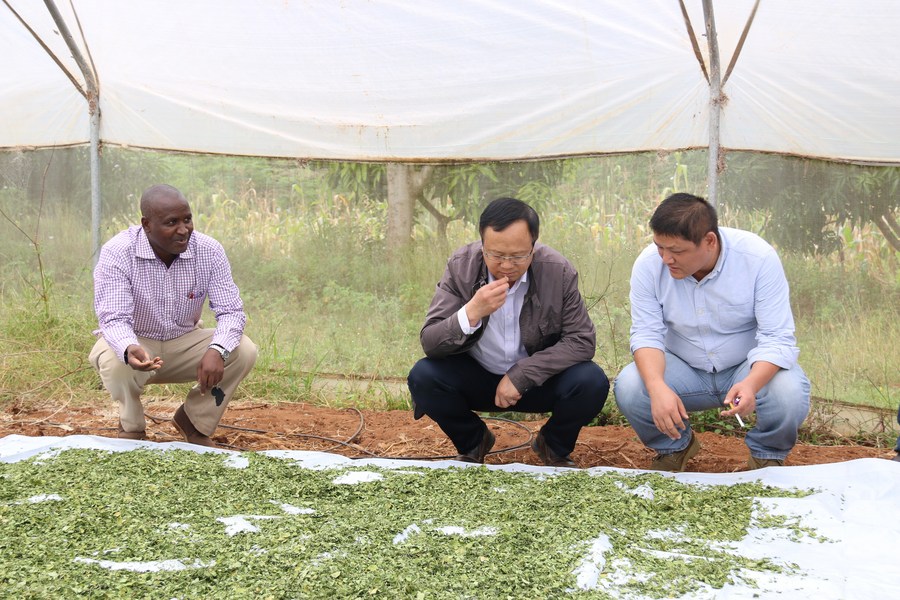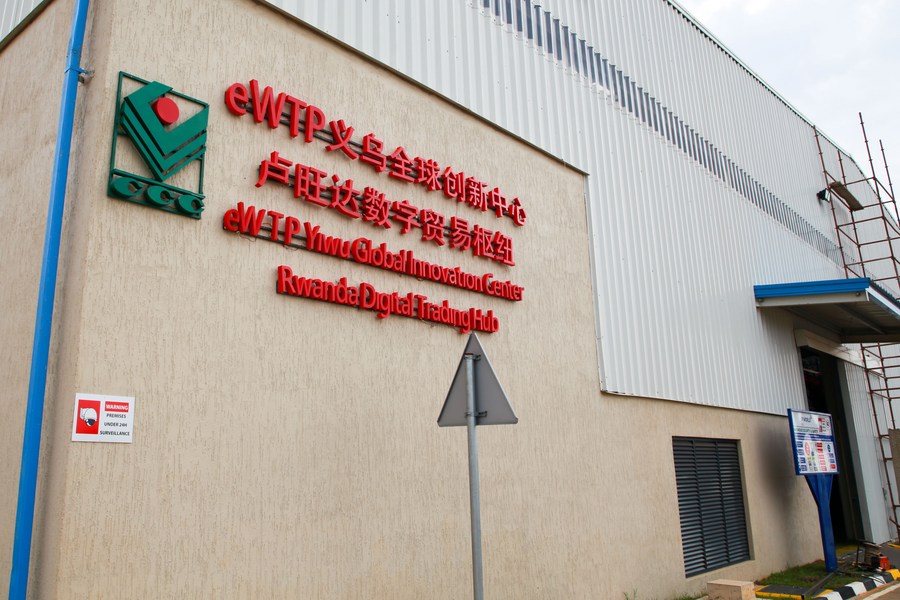No Single Person Left Behind in the Quest for Equality

Less developed and vulnerable countries should be assisted on the journey toward common prosperity, in particular, to solve the problem of inadequate and unbalanced development.
On September 21, during the general debate of the 76th Session of the UN General Assembly, Chinese President Xi Jinping proposed to all member states the building of a global community of development with a shared future.
This initiative comes at a time when the world is halfway to meeting the UN’s 2030 Agenda for Sustainable Development, and at a time when COVID-19 has wreaked havoc on global development, and climate change is bringing both opportunities and challenges. It aims to encourage countries to work together to steer the world toward a new stage of balanced, coordinated and inclusive growth. Inadequate, unbalanced and unequal development is a problem faced by many countries and a major challenge to the international community. The solution put forward by Xi underlines the importance of common prosperity in achieving sustainable development and building a global development community.
With the available labor, resources, science and technology, the world economy, especially that of developing countries, should have developed more fully than it currently has. However, economic growth has slowed down in many countries due to the underdeveloped market system and policy infrastructure. The pandemic has created a global crisis in public health, the economy and society, further hindering global and regional development and adding to vulnerability and uncertainty.

Insufficient development is the root cause of poverty, hunger, violence and conflict, as well as a major obstacle to realizing the UN Sustainable Development Goals (SDGs), including good health, quality education and decent work. Therefore, it is imperative to boost post-pandemic recovery and provide better conditions for accelerating development.
Unbalanced development involves not only imbalances across countries. Urban-rural gaps, regional and industrial disparities, ecological deficits and uneven trade and investment flows within a country are also part of the problem. Unbalanced development is often a result of inequality and, in turn, worsens inequality.
From an international perspective, unbalanced development can be seen in the widening gap between the developed and developing countries, increasingly serious environmental issues, as well as other transnational threats and challenges. It tends to result in imbalances in economic, social, political, cultural and international relations, bringing about more friction and conflict.
Equality is an important criterion for measuring the progress of human civilization and society, and persistent and unaddressed inequalities have been a constant source of frustration for leaders of countries and international organizations. Inequity in the international economic and political orders has led to a growing difference in levels of development between countries, which has in turn fueled a sharp increase in overall inequality.

The COVID-19 pandemic has further exacerbated economic and gender inequality, as well as inequality among vulnerable groups. In the post-pandemic era, inclusive development will be even more necessary, putting the goals of efficiency and equality on an equal footing. Zero hunger, decent work and other SDGs would contribute to a world of fairness for all.
Working together for shared goals is the essence of a global community of development with a shared future. It is conducive to political solidarity and the sharing of common values, thus providing a foundation and impetus for the building of such a community.
To achieve common development, the international community should never leave a single person or a country behind. This is a core commitment of the UN’s Sustainable Development Agenda.
Xi’s initiative includes staying committed to development as a priority, a people-centered approach, benefits for all, innovation-driven development, harmony between humans and nature, and results-oriented actions. These features can be used as a reference for the path toward common prosperity.
Less developed and vulnerable countries should be assisted on the journey toward common prosperity, in particular, to solve the problem of inadequate and unbalanced development. In this process, cooperation on poverty alleviation, food security, COVID-19 response and vaccine delivery, development financing, climate change and green development, industrialization, the digital economy and connectivity, among other areas, should be fully implemented.
This year marks the 50th anniversary of the restoration of the People’s Republic of China’s lawful seat in the UN. At this historic time, Xi’s new initiative will inject confidence and hope into a world struggling to overcome the pandemic.
The author is Director of the Center for the United Nations and International Organizations at Fudan University in Shanghai.
 Facebook
Facebook
 Twitter
Twitter
 Linkedin
Linkedin
 Google +
Google +










